One of the best ways to put a face on the tangible effects of climate change is to draw attention to the animals whose very existences are threatened by it. These animals play vital roles in the ecosystem, and changes in their behavior can create a domino effect on the world we share with them.
So, with that in mind, here are 10 animals under threat by global climate change:
Pika
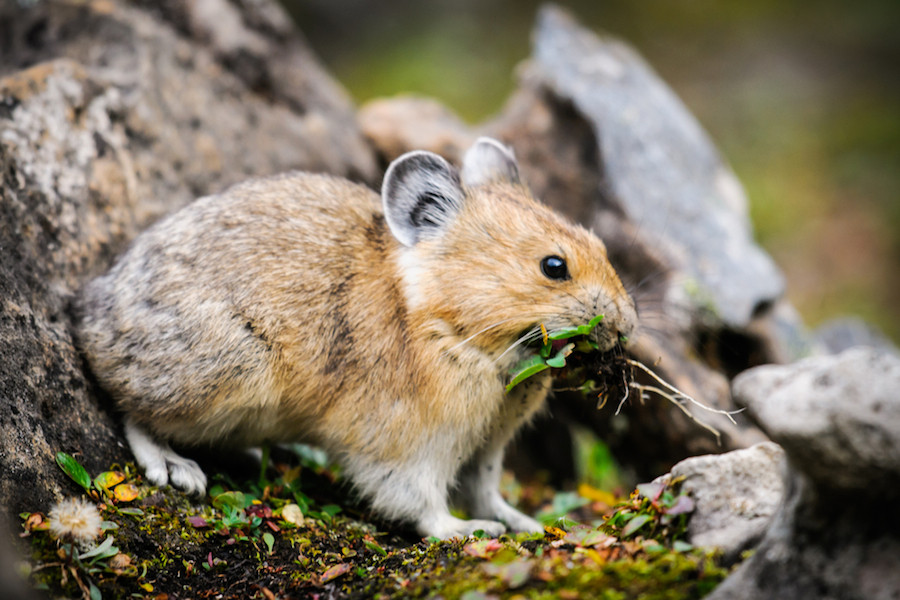
The pika is a cute little mountain creature who requires a cool climate to thrive. With rising temperatures warming their homes, pikas are being forced to move to higher altitudes, but there's only so far they can go before they run out of room completely.
Adélie Penguins
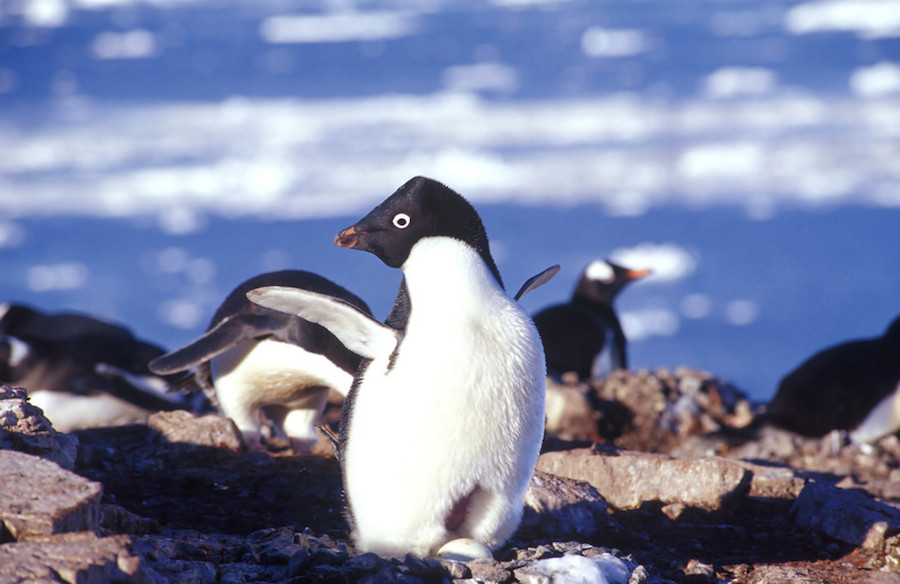
This pole dweller is another animal that must cope with receding ice shelves in the Antarctic. Recent research has actually shown that Adélie penguin populations are increasing, a reminder that climate change is just that: change.
Population increases in themselves aren't necessarily positive signs; they're a reminder that we're still struggling to understand the far-reaching consequences of climate change.
Population increases in themselves aren't necessarily positive signs; they're a reminder that we're still struggling to understand the far-reaching consequences of climate change.
Corals
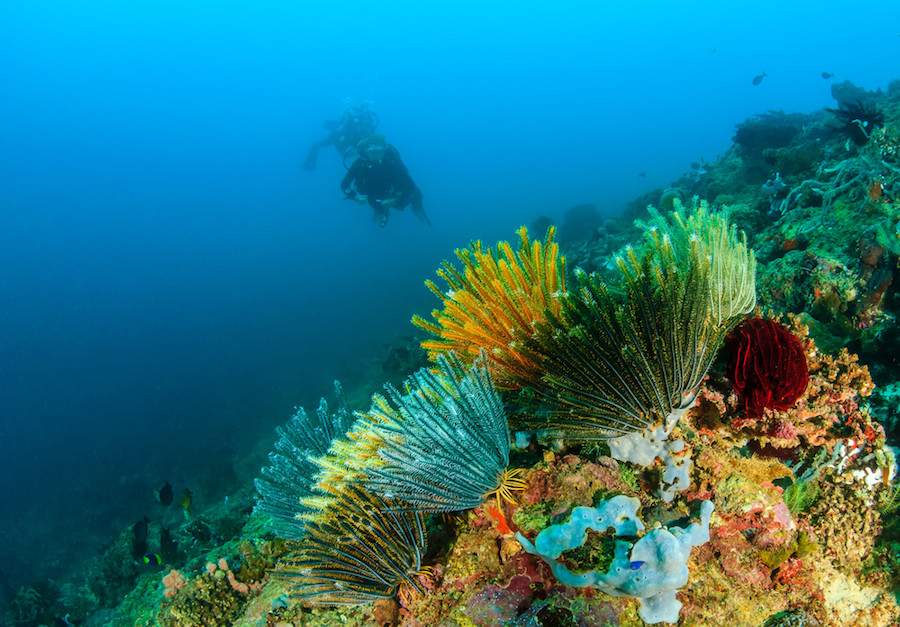
Coral reefs are the backbone of many ocean ecosystems, serving as filters, food sources, living quarters, and hiding spots for a host of underwater critters. Corals are so important that more than 25% of the ocean's animals make their homes in coral reefs.
Corals have a symbiotic relationship with algae called zooxanthellae, which give reefs their rich color palate. Rising temperatures force corals to expel the algae, leading to a phenomenon known as coral bleaching, which is corals' way of surviving stress ... as long as the stress is temporary. With climate change warming the ocean (combined with myriad other menaces), 75% of coral reefs are currently under threat.
Corals have a symbiotic relationship with algae called zooxanthellae, which give reefs their rich color palate. Rising temperatures force corals to expel the algae, leading to a phenomenon known as coral bleaching, which is corals' way of surviving stress ... as long as the stress is temporary. With climate change warming the ocean (combined with myriad other menaces), 75% of coral reefs are currently under threat.
Seals
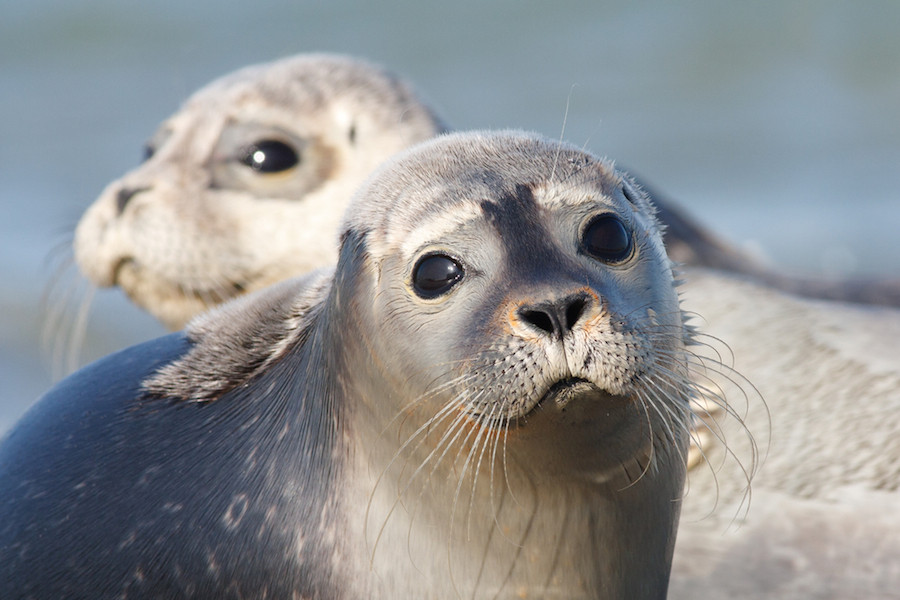
Look at that cute, desperate face! Is it a projection of human emotion onto an animal photograph, or is it distress over a destruction of habitat due to retreating ice?
One of the most easily comprehensible aspects of climate change is that when it gets hotter, ice melts. And, wouldn't you know it, there's a lot of ice near the poles, which is where many seals live. Those that inhabit cold climates need ice for giving birth and nursing, so retreating ice means grave threats to the future of seals.
One of the most easily comprehensible aspects of climate change is that when it gets hotter, ice melts. And, wouldn't you know it, there's a lot of ice near the poles, which is where many seals live. Those that inhabit cold climates need ice for giving birth and nursing, so retreating ice means grave threats to the future of seals.
Polar Bears
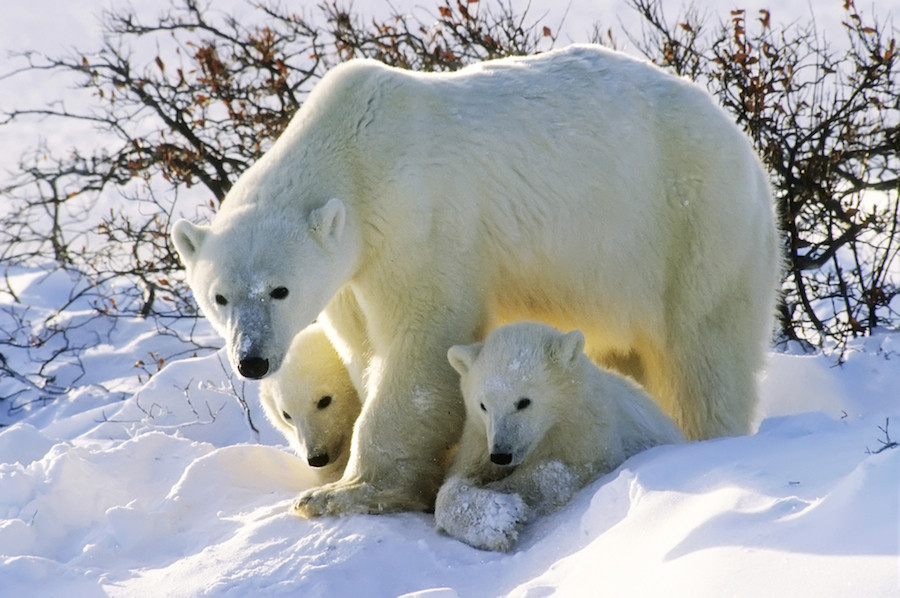
The original symbol of global warming, polar bears also rely on ice, but as a base from which to hunt seals. So dire is their condition that there may be no polar bears within 35 years — that's not very long.
New research on polar bears has complicated the vision of what we can expect in terms of how climate change affects ecosystems, but the message is clear: these changes are real, and they're happening now.
New research on polar bears has complicated the vision of what we can expect in terms of how climate change affects ecosystems, but the message is clear: these changes are real, and they're happening now.
Sea Turtles
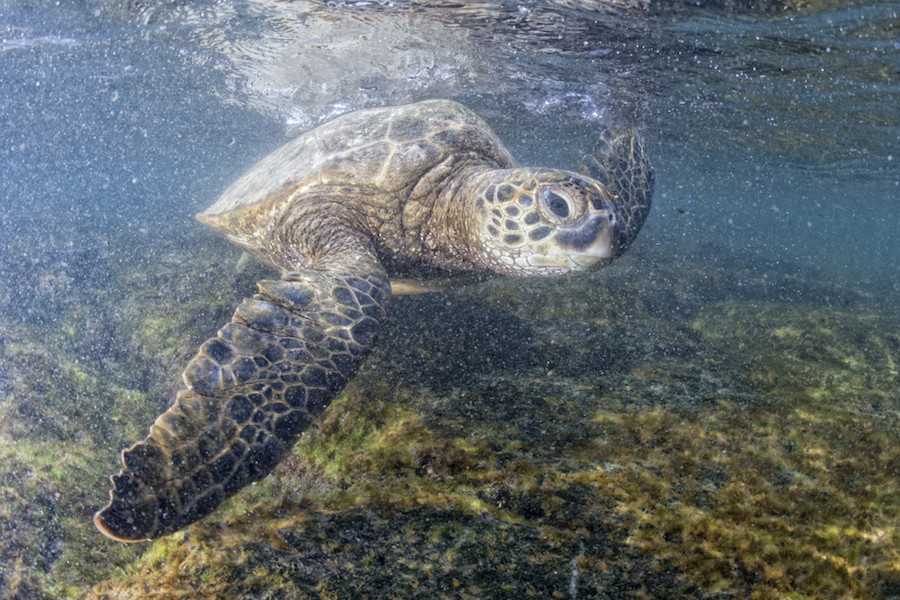
Not only do sea turtles lay their eggs on beaches threatened by rising sea levels, but temperature affects the sex of their babies. Warmer conditions mean fewer men, and, eventually, fewer and fewer sea turtles altogether.
North Atlantic Right Whale
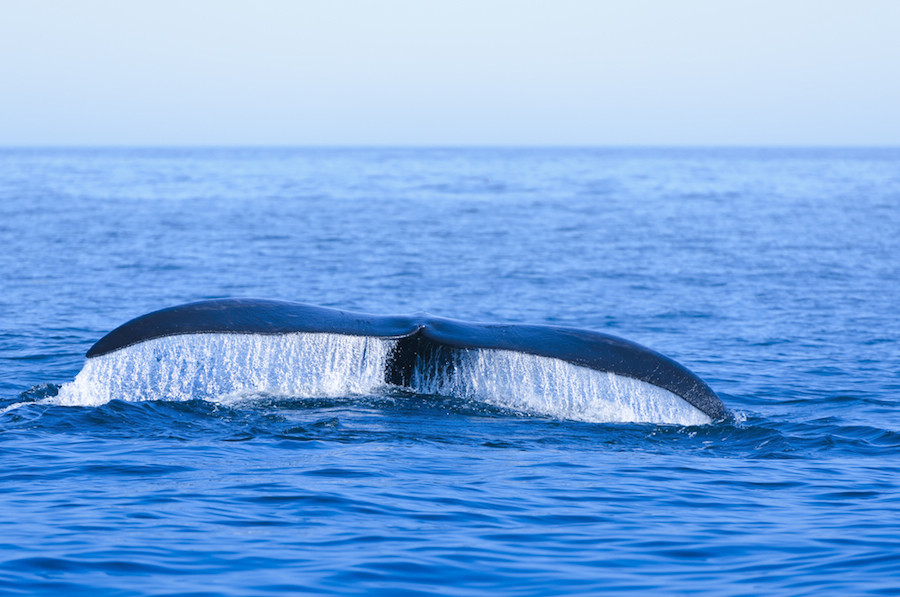
The reason you can only see the tail of this whale is that there are fewer than 500 North Atlantic right whales believed to exist. Their rarity initially came as a result of hunting, but sea temperature changes have affected the availability of plankton, the whale's primary food source.
Reindeer
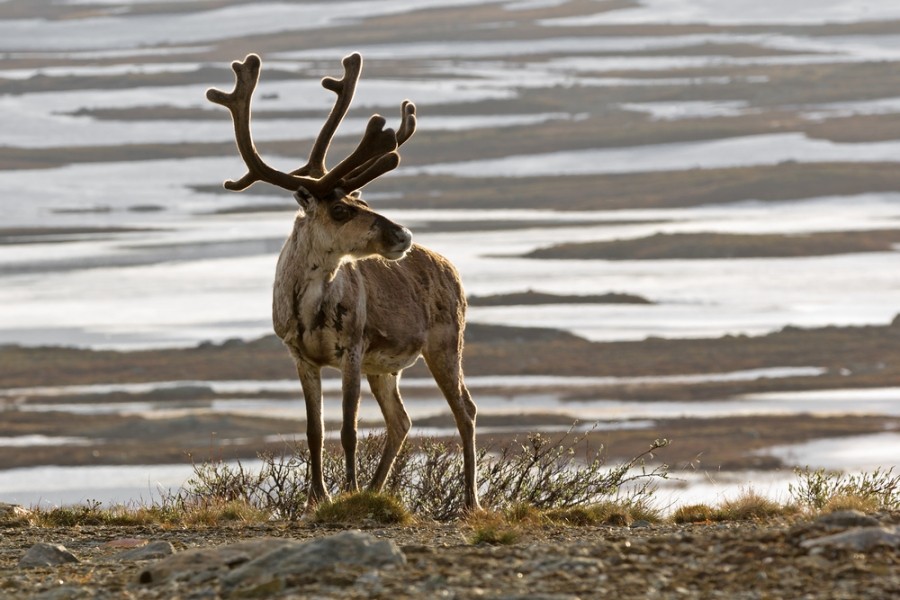
As is the case with most animals residing near the poles, reindeer are on the front lines of climate change. Alterations in the Arctic ecosystem could leave reindeer with too little food, threatening not just the reindeer themselves, but an entire biological web.
Beautiful Nursery Frog
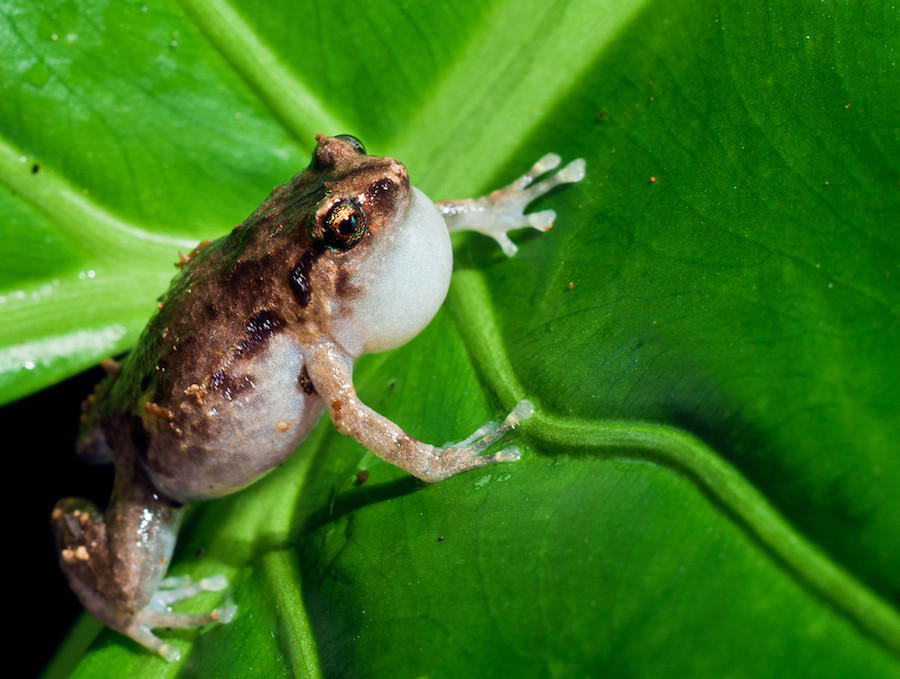
Its name alone won't be able to save the beautiful nursery frog (also called the elegant frog), a native of Australia's rainforest. Because frogs and other amphibians can be so sensitive to small temperature changes, experts fear this little critter could go the way of the golden toad and become a victim of climate change.
Humans
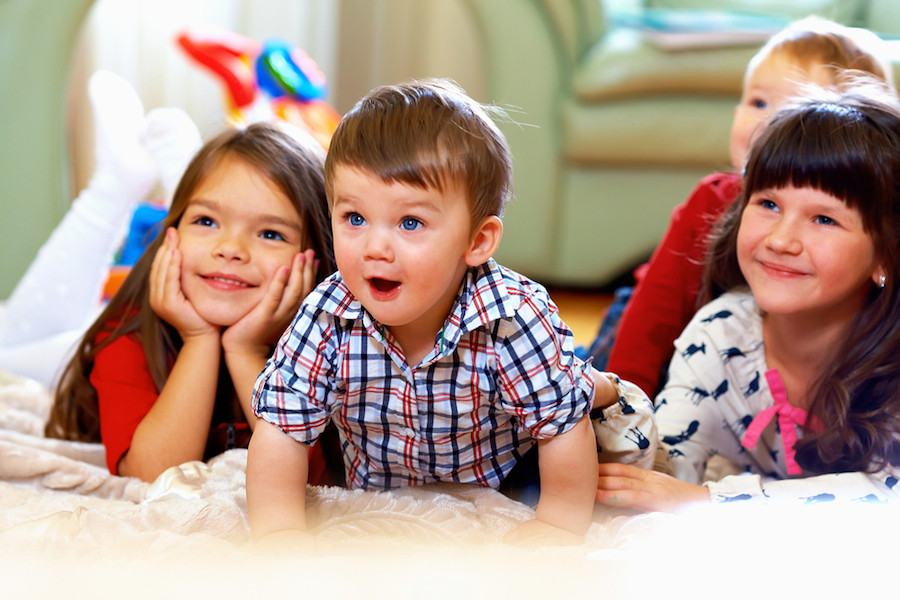
If you're reading this, there's a pretty good chance you're a human being! Since you're a human, there's also a 100% chance that you live on Earth, which in turn means you will feel the effects of global climate change.
It's already happening — maybe not in your backyard, but around the world people are having to change their lives to cope with the damage humans have done to our only home. In fact, the world's first climate change refugees already had to evacuate their home ... five years ago.
The reality is that this list could include any animal, because everything on this planet is connected, and humans have to start making real, lasting change if we want to reverse or mitigate the damage we've already done. We can still make the only Earth we have a decent place to live!
It's already happening — maybe not in your backyard, but around the world people are having to change their lives to cope with the damage humans have done to our only home. In fact, the world's first climate change refugees already had to evacuate their home ... five years ago.
The reality is that this list could include any animal, because everything on this planet is connected, and humans have to start making real, lasting change if we want to reverse or mitigate the damage we've already done. We can still make the only Earth we have a decent place to live!
No comments:
Post a Comment